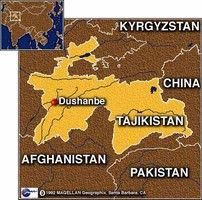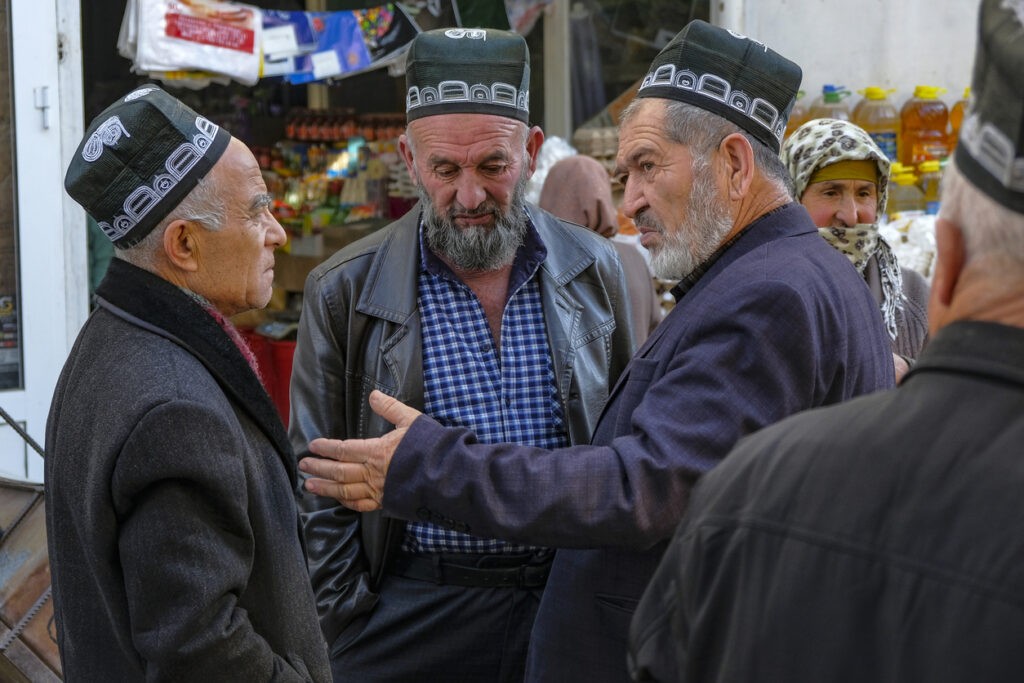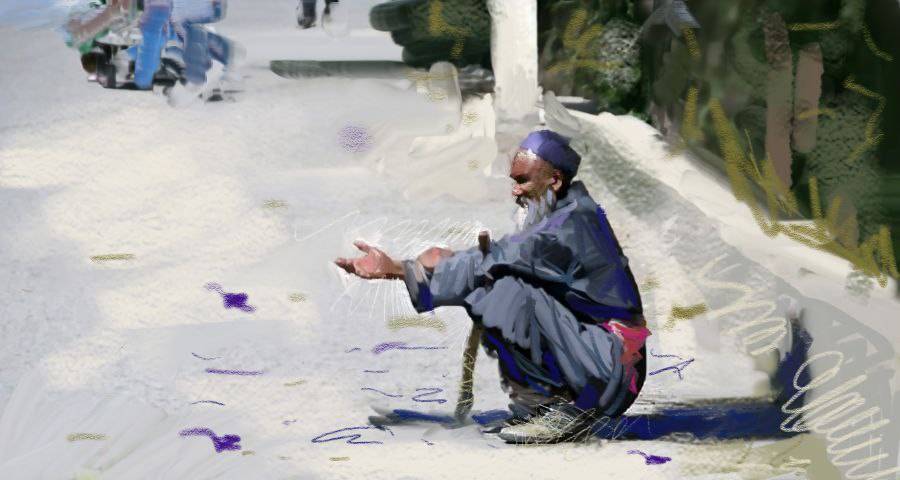DUSHANBE (TCA) — During the period of November 2015-March 2016, average per capita real income in Tajikistan fell across all subgroups (urban, rural, bottom 40 percent, and top 60 percent of the population), resulting primarily from declining remittances, and reduced self-employment and agricultural income over the winter season, according to the World Bank Listening2Tajikistan Survey of Wellbeing. Since November 2015, average real per capita income fell by about 24 percent, but climbed slightly for the bottom 40 percent of the population between January and March.
According to the survey, average remittance income fell in real terms between November and January for those households receiving them, but picked up slightly since January. However, the share of households receiving remittances has continued an uninterrupted decline since November.
The share of migrants returning to Tajikistan continued to ease between January and March, to about 2 percent of the current group of migrants, from about 4 percent in December. The share of migrants currently working declined from 84 percent in November to about 75 percent in January, but began climbing again in March.
Since August, the share of respondents interested in migrating to Russia continued a slow increase, while the share preferring to migrate to Kazakhstan declined significantly between September and January.
The average real value of remittances decreased from a high of about 1100 Tajik Somoni in November to about 775 Somoni in January as the season for migrant labor drew to a close. The decline was largest in urban areas and for households in the top 60 percent of the consumption distribution. The value of remittances picked up slightly in January and February, the survey said.
The World Bank Poverty team rolled out the “Listening to Tajikistan” survey (L2TJK) in May 2015 to monitor the impact of emerging trends throughout the country at high frequency. The survey rapidly clarifies the severity of the economic downturn, the evolution of vulnerabilities, and household responses to risk and deprivation over time. The survey enables a focus on poorer and more vulnerable households, and generates evidence for targeted policy-making.
The fieldwork for L2TJK that commenced in May 2015, is currently ongoing, and is funded through June 2016.









